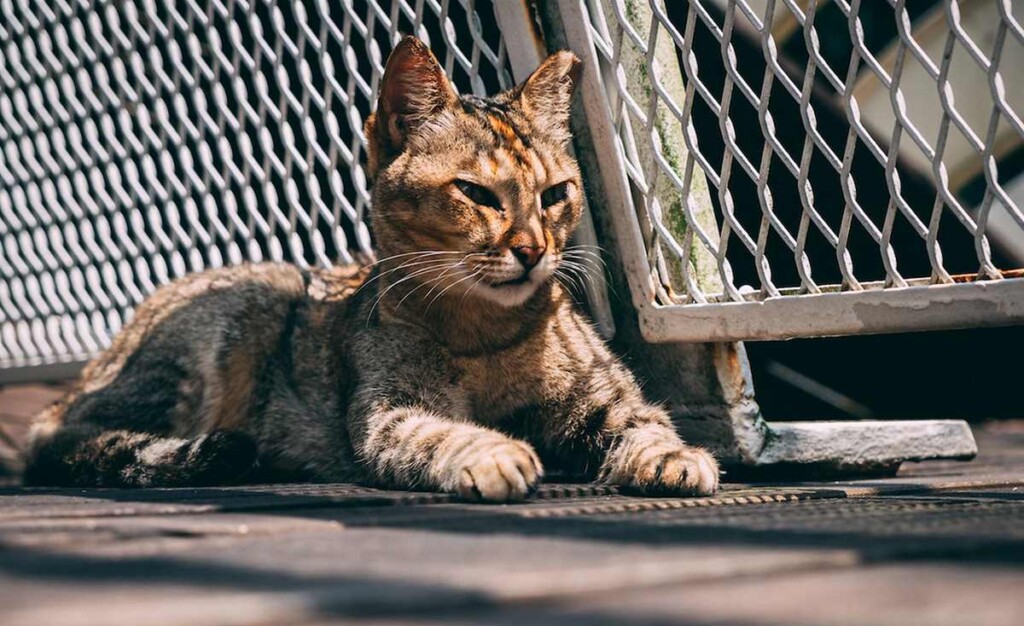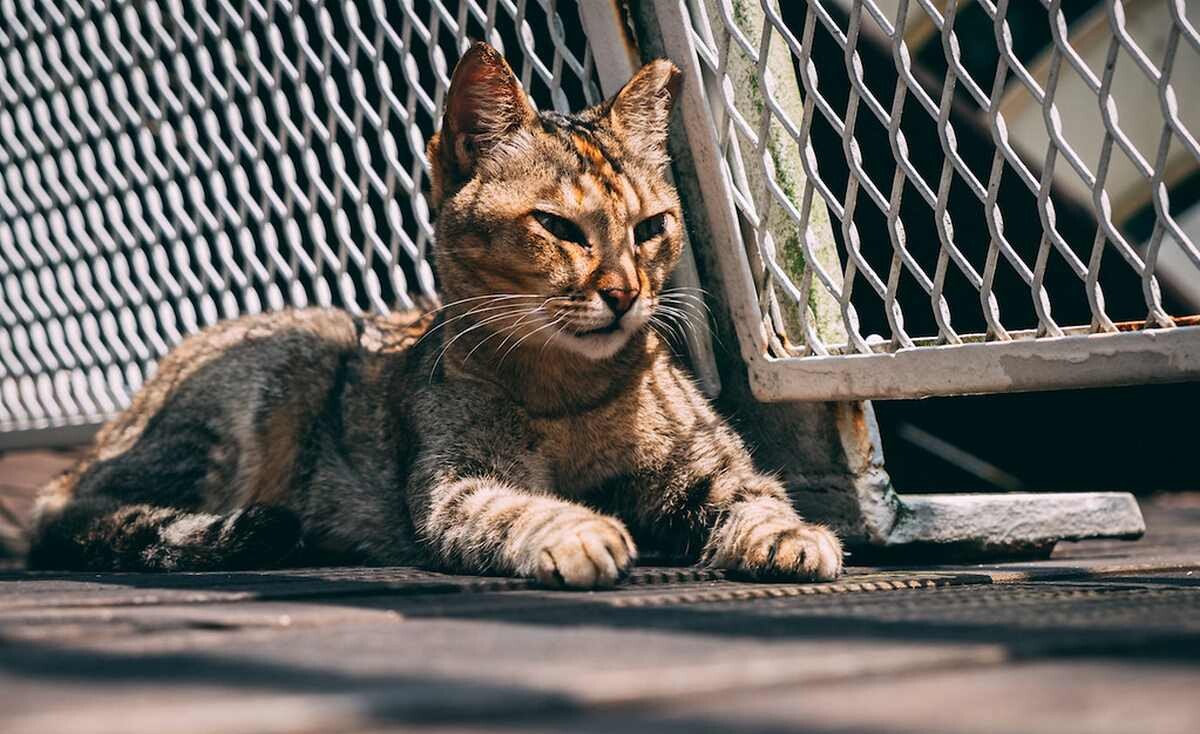
Singapore has decided to lift a 30-year ban on owning cats in government housing, in which about 80% of the 3.6 million inhabitants live.
Singapore’s a beautiful, friendly, ordered place—a vision of a classless, harmonious, market-based society. But the government has gone to extreme lengths to establish and preserve this, and outrightly made illegal many normal things like chewing gum and cats.
Dogs, however, were not banned when the government housing program began more than 30 years ago, and many citizens now feel that a not-so-small modicum of justice has been served to the pet-owning community.
“Cats are so much quieter than dogs. If they allow dogs, I don’t understand why not cats,” said a 30-year-old Singaporean named Sunny, who has owned a cat clandestinely and lives in a government-built high rise.
Sunny, like most young people, lives in government-owned high rises, and told the Taipei Times that, even though the laws banning cats aren’t well-enforced, the fact that they are illegal in her home means she can’t register for pet insurance, or get certain veterinary procedures.
It also means that, if Sunny were to lose her cat Mooncake, she would have no way to prove ownership in the case that Mooncake was picked up by animal control.
MORE ANIMAL POSITIVITY:
The Times speculates that it was a recent survey among government housing occupants in which 9 out of 10 said cats make good, non-disruptive pets that led to the legislative about-face.
“I think it’s a good thing and it’s a step forward after 30 years,” Sunny said.
It will be interesting to see how many clandestine cats now come out of the shadows. It will certainly be enlightening for government bureaucrats curious to see how closely a law is followed when enforcement is lax.
SHARE This Positive Legislation In East Asia With Your Friends…




















